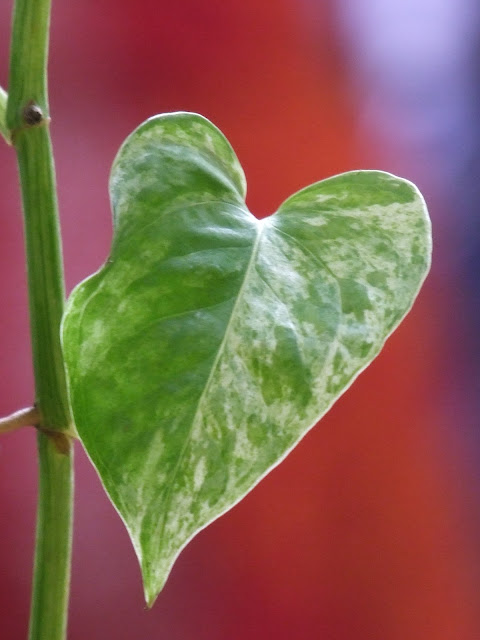(So since it’s Bhau bij here in India, I thought I’d tell a little sibling story.)
‘You don’t love me as much as Dia.’ 5 year old Krisha, said to her mum.
She'd been sitting quietly on the sofa, her face in a book, and it seemed like the statement came out of nowhere.
.
Well, it was disguised as a statement, but was really a question that wanted ‘No’ for an answer. A hesitant need to know that yes she was as important as her younger sibling, who she saw was getting more attention than her these days (as infants automatically do).
She was asking for reassurance - that she’d still keep her place in her mum’s heart.
Siblings, as much as they love, also resent each other.. (And I say this with a smile on my face). At least for the young years of their lives, as they play tug-o-war for their parents attention. Then they grow up, move away and realize how precious their bond is.
But this is about Little siblings.
Older ones think that the younger ones are treated like people in first class. And the younger ones think that the older are just have so much more power, and entitlement because they arrived earlier. The ones in the middle, well... mostly they just feel confused.
But through all the ‘he took my books’, ‘she took my colors’, there’s one questions that many kids have in the back of their mind.
‘Does mummy (or daddy) love Bhaiya (or Choti ) more?’.
And though easy to ignore as just a childish phase, it is a real thought that haunts them.
The strange thing is, however much you may evolve as a parent, and show all your kids love, some thing, little things you do – even caring for the baby when she cries - will make the older child wonder.
And unfortunately, they create and carry the belief that they are less loved, less preferred than the other. When none of it is necessarily true.
Which is why, it’s important to communicate with them and find out how they feel. That communication helps them accept them for themselves, lets them know that they are unique, and special in their own way, and builds an even stronger bond between the children.
Krisha’s mum took her close, and told her this:
‘Look now, I have 2 hands... They help me carry you both. Help me hug you. Help me cook for you. So which hand would I love more? Both, right?
Krisha nodded.
‘You are like my hands. And I love you as much as myself. Yes, you are both different and unique, and I love both of you in different ways. But I love you both equally.’
Result? Sweet satisfied grin on child’s face.
---------------
You can also use the ‘Apples and Oranges’ analogy. Apples are apples and Oranges are Oranges. You can’t compare. Of course, my niece said.. ‘Yechhh, I’m not an Apple...’ then preening… ‘I’m a Mango’,. I’m guessing you know how to deal with that. Or then, call me.
----------
Note – While it is important to communicate this, it is also important to stop and be aware to how much attention you pay to each sibling, to sense out if a child is feeling ignored, neglected, sad. And then of course, balance it out, or explain.




